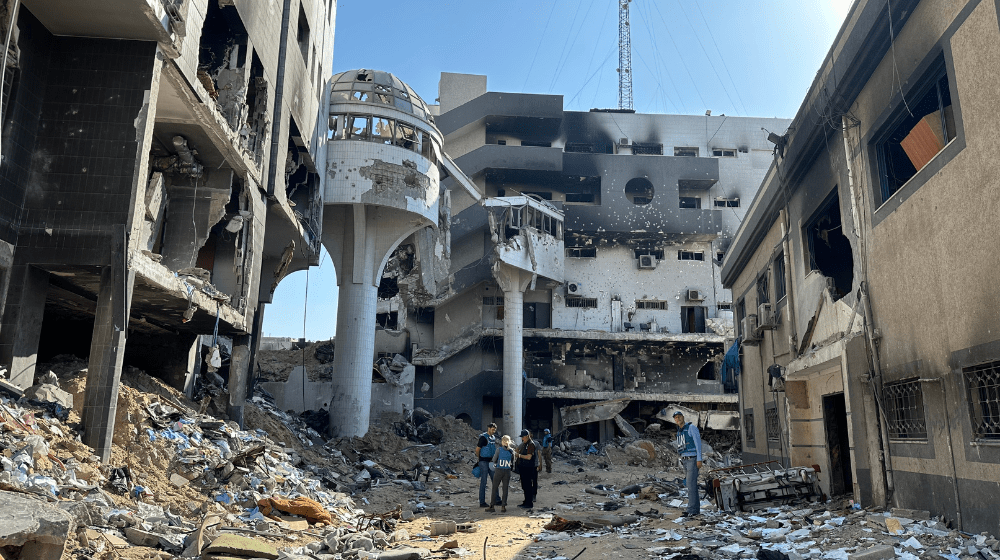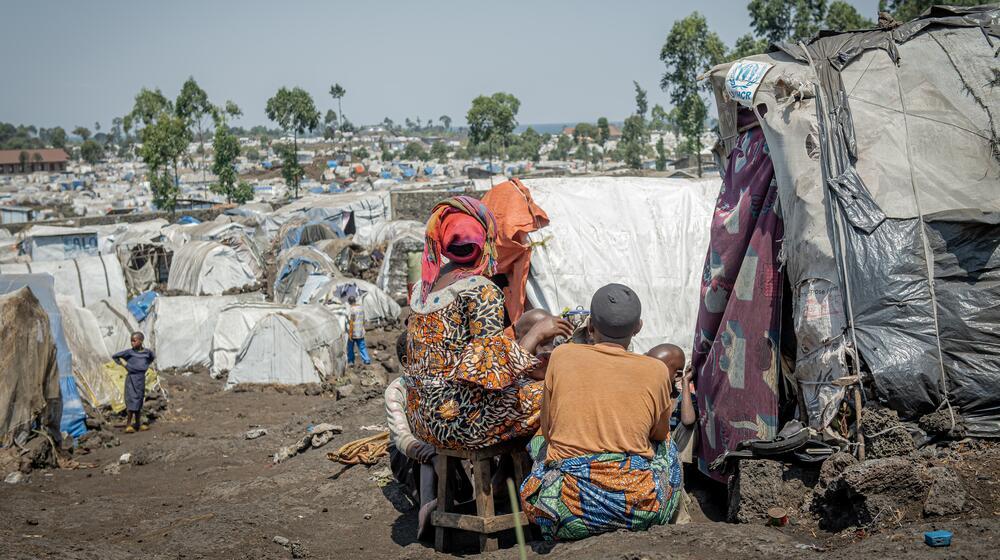In a world grappling with humanitarian crises – violent conflict, extreme weather, political upheaval – there is one constant: Women and girls pay the highest price.
Amid the chaos and confusion in times of crisis, the risk of gender-based violence soars. Maternal deaths and unsafe and unintended pregnancies and sexually transmitted infections increase. All too often, women and girls eat last and least.
The rights of women and girls must not be collateral in crises. The international community must urgently increase its support to protect women and girls and do more to stop the scourge of gender-based violence and hold perpetrators to account. The use of sexual violence in conflict as a terror tactic is abhorrent and a violation of human rights and international humanitarian law.
As we mark World Humanitarian Day this year, humanitarian assistance is under threat.
Health facilities including maternity hospitals are under attack in conflict zones around the world. These attacks are against international law, and UNFPA calls for them to end. Attacks on humanitarian aid workers, especially women – including killing and kidnapping – are also rampant. As a result, services that are vital to the health and survival of women and girls are difficult to access. Further, survivors of violence are often inhibited from seeking support due to stigma, insecurity and fear.
The need for funding is urgent. As of mid-June this year, $54.8 billion in humanitarian funding is needed to assist 249 million out of 362 million people in need around the world. UNFPA is appealing for $1.2 billion in 2023 to assist approximately 66 million women, girls and young people in 65 countries.
Humanitarians at UNFPA deliver crucial services and protection to women and girls who struggle to survive when crisis hits. Our dedicated teams of humanitarian workers provide a lifeline of support to millions of women, girls and young people whose health, rights, safety and dignity are threatened in more than 60 countries around the world. Mobile clinics and teams take reproductive health and protection services to some of the hardest-to-reach women and girls. To identify sustainable solutions, UNFPA partners with local and national women-led organizations that are best placed to meet unique needs.



